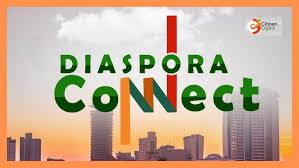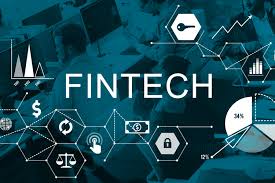AI in Africa:UNESCO Unveils New Solutions for Its Development at the G20
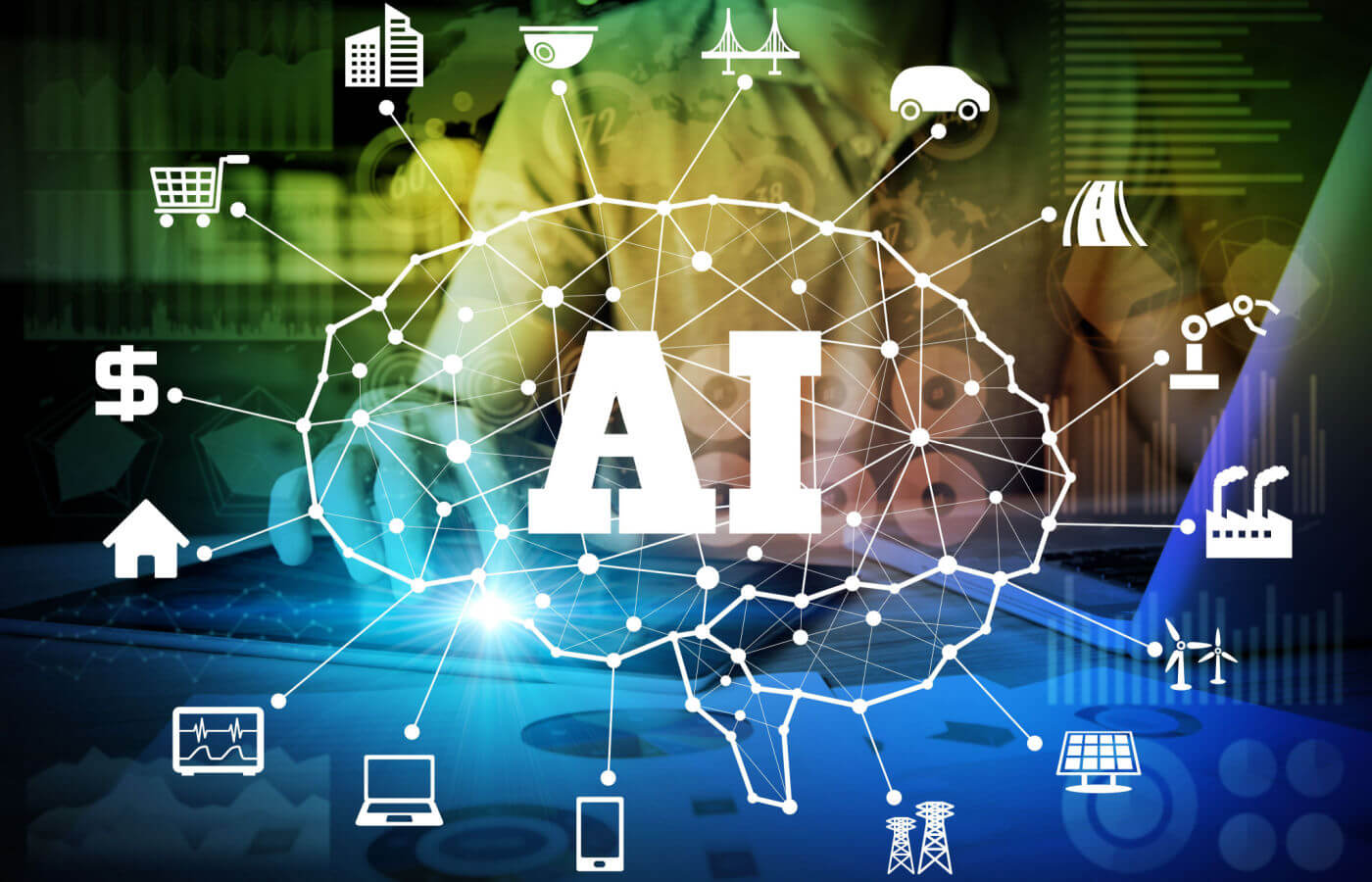
The high-level G20 AI for Africa Conferencetook place in Cape Town, South Africa, from September 30 to October 1, 2025. Here, several questions were raised concerning Ai in Africa, and UNESCOunveiled a series of new innovative solutions and initiatives to enable the development of artificial intelligence on the continent.
Incase you are wondering why?
Artificial Intelligence, these are two words that have stirred fear, curiosity, and even excitement across the world, but for many Africans, it still feels like a distant idea, tucked away in mountains. Yet, AI is no longer an abstract concept. It is here, shaping how we live, work, farm, trade, and even govern.
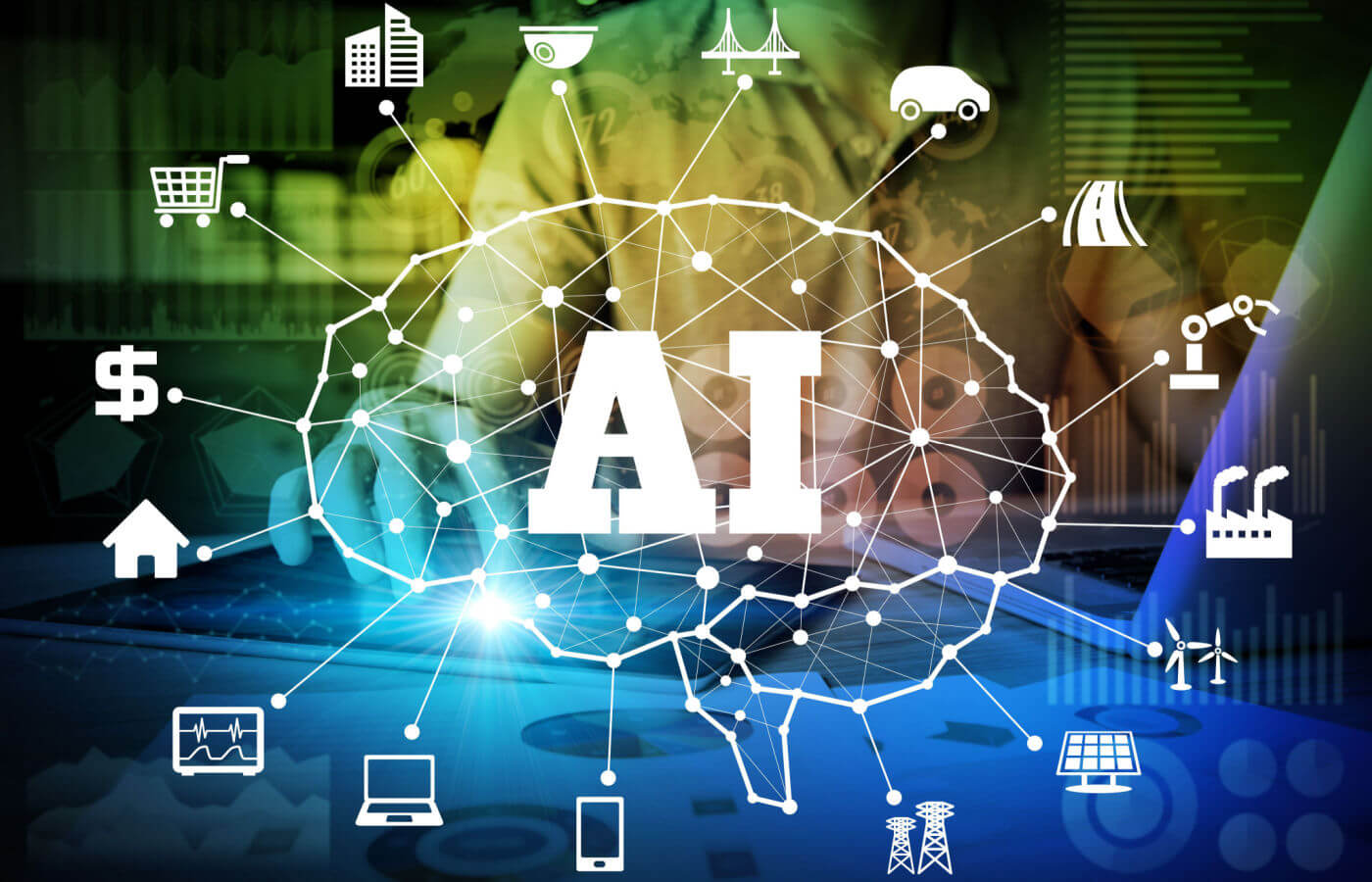
So, what exactly does AI mean for Africa? And how can it transform, or challenge the future of our continent?
Let us understand it Beyond the Buzzwords
At its core, Artificial Intelligence (AI) simply means machines that can learn, think, and make decisions like humans. It is what powers your smartphone’s face unlock, your Netflix recommendations, and even voice assistants like Siri and Alexa.
However, when it comes to Africa, the story of AI goes far beyond convenience. It is about solving deeply rooted problems such as food insecurity, unemployment, poor healthcare systems, limited access to quality education, and lot's more. AI offers Africa an opportunity to leapfrog many of the developmental challenges that took other regions decades to overcome. This is because, there are many softwares to leverage on.
Across the continent, innovators are already harnessing AI in powerful ways:
In Nigeria, AI-driven fintech startups like Kuda and Moniepoint are redefining banking for the unbanked.They use AI and machine learning to power critical functions like fraud detection, customer service automation, and credit risk assessment. This allows them to offer fast, reliable, and secure financial services to millions of customers in Africa.
In Kenya, farmers use AI tools to predict rainfall patterns and improve yields. These tools such as FarmDrive, PlantVillageNuru, and even Virtual Agronomist translate complex data into actionable advice, enabling farmers to make smarter, data-driven decisions that enhance productivity and build climate resilience. The Kenya Agricultural Observatory Platform (KAOP),a publicly available web and mobile app provides real-time data and actionable insights to Kenyan farmers.
In Ghana, AI is helping doctors diagnose diseases faster and more accurately by analyzing medical images, identifying infectious diseases, and enhancing remote consultations through digital health platforms such as Cancer detection developed by Ghanaian company MinoHealth AI Labs has to aid in the diagnosis of breast cancervia mammography. Research is also exploring using AI to improve the outcomes for childhood cancers by enhancing early detection and optimizing treatment plans. Other tools include telepathology, enabled by AI, to allow health workers in remote areas to send digital images of pathological specimens to specialists for rapid diagnosis. These tools help overcome challenges like a shortage of healthcare professionals and limited resources, particularly in rural areas.
In South Africa, traffic management systems use AI to reduce congestion in major cities by analyzing real-time data to dynamically adjust traffic lights, predict traffic flow, and create smarter navigation. AI algorithms analyze data from sources like cameras, sensors, and GPS to anticipate congestion hotspots, allowing authorities to proactively reroute traffic or change signal timings. This leads to smoother traffic flow, shorter commutes, and more efficient use of road networks in major cities.
These are not far-off concepts, they are living examples that Africa is not just catching up, but beginning to contribute uniquely to the global AI story, but of course African should pay attention to contexts while integrating Ai especially in sensitive sectors.
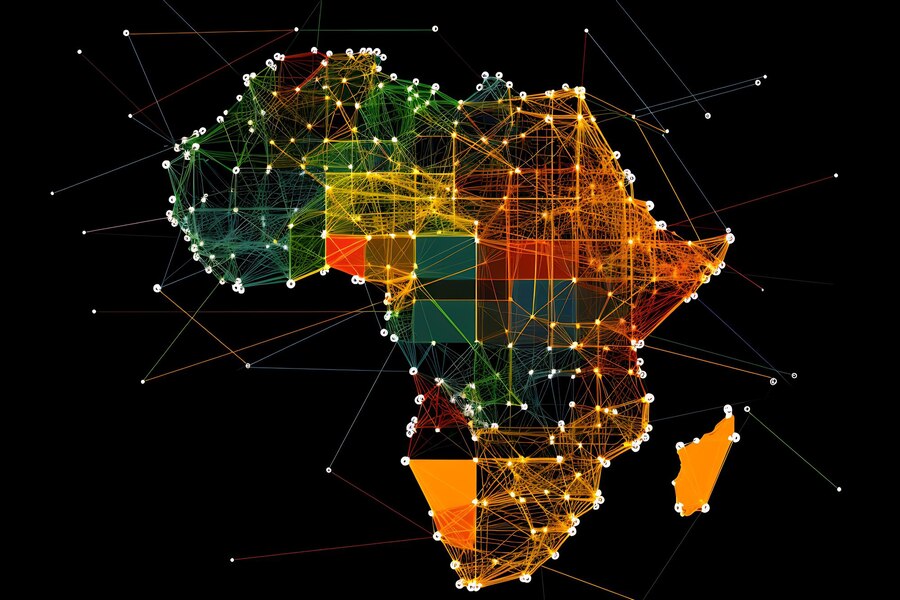
One key thing we should note is that for Africa, Context Matters.
AI cannot simply be imported. It must be localized, built around our languages, cultures, and lived realities.
For instance, an AI model that understands English fluently may fail to interpret Yoruba or Swahili. An algorithm trained on Western healthcare data may misdiagnose an African patient. That is why African-led innovation matters. Our future depends on developing AI that understands our people, our languages, and our environment.
When we teach AI to “think African,” we make it relevant, not just revolutionary.
At the G20 conference on AI in Africa (2025), UNESCO announced several major initiatives to advance responsible AI development across the continent. Partnering with the African Union and the South African Presidency of the G20, UNESCO aims to promote ethical, inclusive, and locally driven AI innovation that aligns with human rights and African priorities.
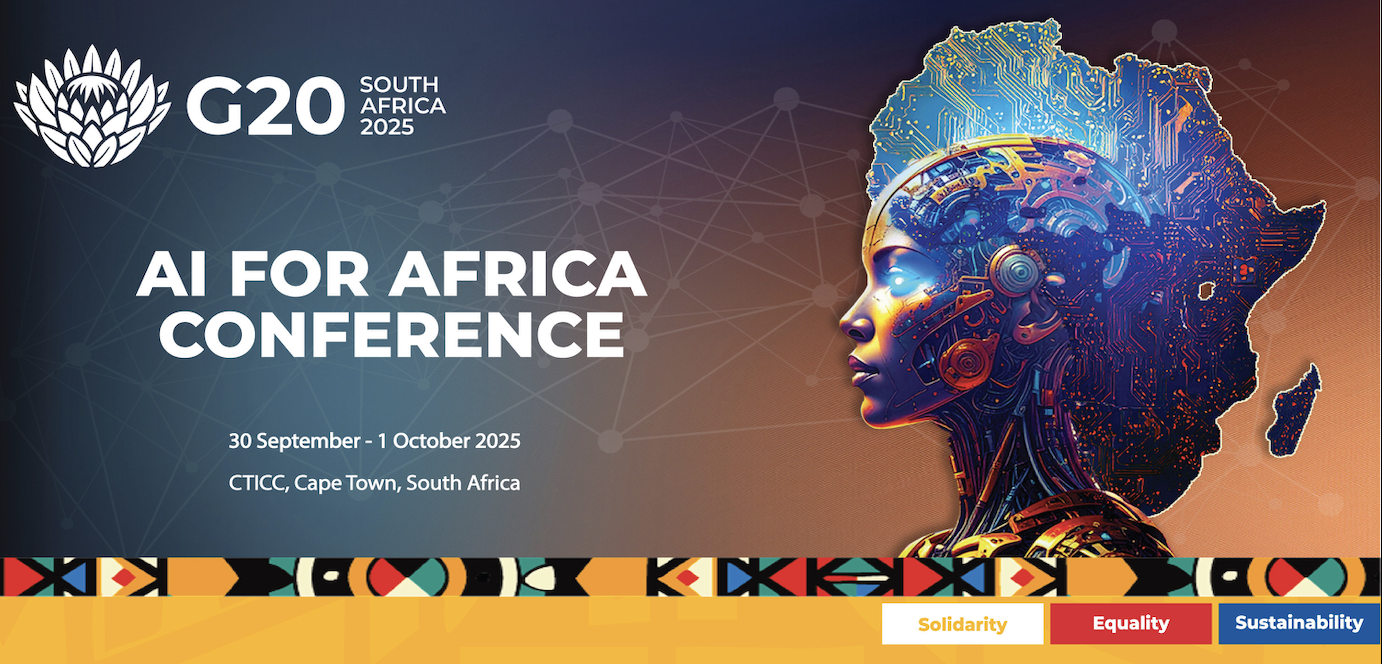
UNESCO’s initiatives aim to empower African governments to manage AI responsibly, equip professionals (civil servants, judges, teachers, researchers) with digital competence, encourage African-led innovation to ensure AI reflects local values and needs, and prevent digital dependency and promote Africa’s technological sovereignty by training Civil Servants and Judicial Personnel given that 15,000 civil servants will be trained on how to integrate and manage AI responsibly in public administration.
Supported by the SPAARK-AI Alliance, which connects 45 African states through a network of public administration schools for continuous AI education. 5,000 judges and prosecutors will receive specialized training on AI ethics, data protection, and digital rights to avoid unintentional human rights violations. This follows a global survey revealing that 44% of legal professionals use AI tools like ChatGPT, but only 9% have received formal training.
In strengthening AI Education and Research, 2,000 teachers and students will be trained through the Youth Coding Initiative, promoting digital literacy and AI skills among young Africans, 30 education policymakers from 15 African countries will receive training on integrating AI into national education systems, and a Pan-African AI incubator will support 1,500 researchers in developing African-centered AI solutions.
Also, UNESCO unveiled a Technology Policy Assistance Facility, a digital tool co-developed with the South African G20 Presidency. It helps governments, researchers, and civil society to design and implement AI policies which aligns with international standards, access case studies, training materials, and expert directories and develop tailor-made AI roadmaps for national development.
By facilitating Ethical AI Governance, UNESCO builds on it's 2018–2021 global ethical AI framework, now adopted by 77 countries, including 29 African nations to support the African Union’s Continental AI Strategy and to also promote human rights-centered AI, protecting privacy, non-discrimination, and freedom of expression.
UNESCO launching the AI Initiative for Africa is a structured roadmap guiding AI development efforts in the coming years, and this focuses on aligning AI progress with African priorities such as education, governance, and innovation.
You may also like...
Super Eagles Fury! Coach Eric Chelle Slammed Over Shocking $130K Salary Demand!
)
Super Eagles head coach Eric Chelle's demands for a $130,000 monthly salary and extensive benefits have ignited a major ...
Premier League Immortal! James Milner Shatters Appearance Record, Klopp Hails Legend!

Football icon James Milner has surpassed Gareth Barry's Premier League appearance record, making his 654th outing at age...
Starfleet Shockwave: Fans Missed Key Detail in 'Deep Space Nine' Icon's 'Starfleet Academy' Return!

Starfleet Academy's latest episode features the long-awaited return of Jake Sisko, honoring his legendary father, Captai...
Rhaenyra's Destiny: 'House of the Dragon' Hints at Shocking Game of Thrones Finale Twist!

The 'House of the Dragon' Season 3 teaser hints at a dark path for Rhaenyra, suggesting she may descend into madness. He...
Amidah Lateef Unveils Shocking Truth About Nigerian University Hostel Crisis!

Many university students are forced to live off-campus due to limited hostel spaces, facing daily commutes, financial bu...
African Development Soars: Eswatini Hails Ethiopia's Ambitious Mega Projects

The Kingdom of Eswatini has lauded Ethiopia's significant strides in large-scale development projects, particularly high...
West African Tensions Mount: Ghana Drags Togo to Arbitration Over Maritime Borders

Ghana has initiated international arbitration under UNCLOS to settle its long-standing maritime boundary dispute with To...
Indian AI Arena Ignites: Sarvam Unleashes Indus AI Chat App in Fierce Market Battle

Sarvam, an Indian AI startup, has launched its Indus chat app, powered by its 105-billion-parameter large language model...


